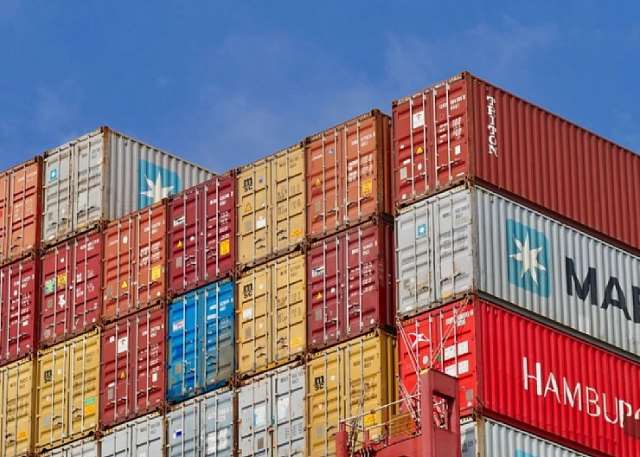A damning investigative report has exposed a staggering failure of accountability within Ghana’s critical energy infrastructure, revealing that a staggering 2,637 shipping containers consigned to the Electricity Company of Ghana (ECG) were found unaccounted for at various Tema Port terminals.
This astonishing figure not only dwarfs the initially reported 1,300 “missing” containers but squarely points to systemic negligence and a potential multi-billion cedi burden in accumulated demurrage charges.
The joint investigative committee, a high-powered body comprising National Security, the Ministry of Transport, Ghana Ports and Harbours Authority (GPHA), and Customs, painstakingly traced the consignments. Their findings, accurate as of April 30, 2025, paint a grim picture of widespread disregard for assets vital to the nation’s power supply.
Richmond Rockson, Spokesperson and Head of Communications for the Ministry of Energy and Green Transition, confirmed the committee’s findings, detailing the locations of these critical but neglected assets:
860 containers at Meridian Port Services
1,237 containers at GPHA Terminals
272 containers already evacuated by National Security – a revelation that hints at prior knowledge and intervention in an attempt to mitigate the damage.
194 containers at Amaris Terminal
20 containers at ATLAS Manufacturing Terminal
The most egregious aspect of this discovery, and the one demanding immediate accountability, is the financial fallout. The committee’s further analysis revealed that an overwhelming 2,437 of these containers – over 92% of the total located – had flagrantly overstayed the prescribed 60-day clearance window.
This prolonged dormancy has directly translated into exorbitant demurrage charges, a financial drain that will undoubtedly be borne by Ghanaian taxpayers, ultimately impacting electricity tariffs and diverting essential public funds.
“This is not merely an administrative oversight; it’s a catastrophic failure of duty that has imposed a monumental financial penalty on the state,” stated a high-ranking official, speaking anonymously due to the sensitivity of the ongoing investigation. “The question is no longer if significant public funds have been wasted, but who permitted this negligence and who will be held responsible for the billions of Cedis in accrued charges.”
The unfolding scandal demands immediate and transparent answers regarding ECG’s internal controls, its procurement and logistics departments, and the oversight mechanisms of the various port authorities.
How could such a vast quantity of essential equipment remain unmonitored and uncleared for such extended periods? Where were the checks and balances designed to prevent precisely this type of mismanagement?
Calls are intensifying for a swift and decisive response beyond merely locating the containers. The focus must now shift to:
Identifying specific individuals within ECG and other implicated agencies whose actions or inactions led to this colossal waste.
Determining the full financial cost of the demurrage and any potential damage or obsolescence of the goods.
Prosecuting any individuals found culpable of dereliction of duty, negligence, or corruption.
Implementing rigorous, transparent reforms within ECG and port operations to prevent any recurrence of such systemic failures.
The Ministry of Energy and Green Transition has pledged its full commitment to a thorough investigation, promising to leave no stone unturned. As the joint committee prepares its final report, the Ghanaian public expects not just explanations, but concrete action and demonstrable accountability for this shocking mismanagement of national assets. The price tag for these “lost and found” containers is a burden on every citizen, and those responsible must be brought to book.
By Raymond Ablorh, Policy, Strategy & Communication





































